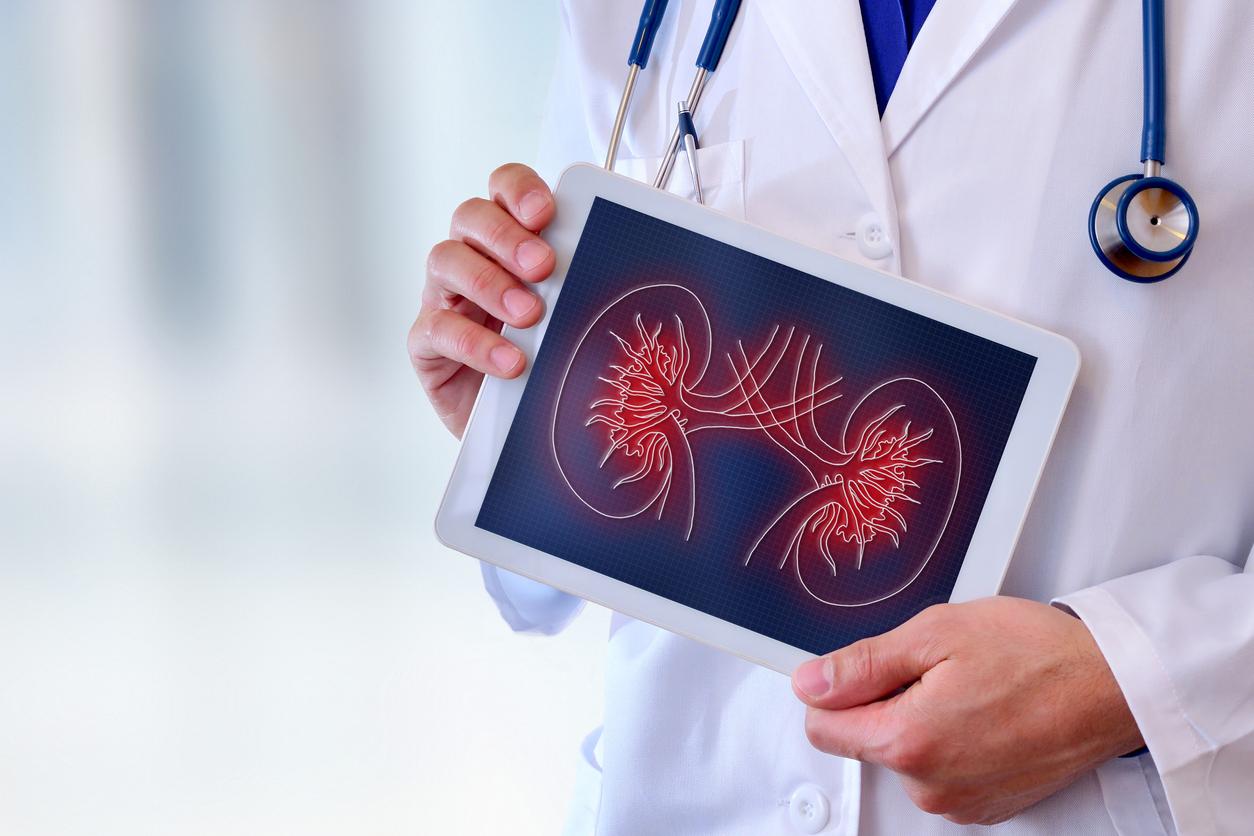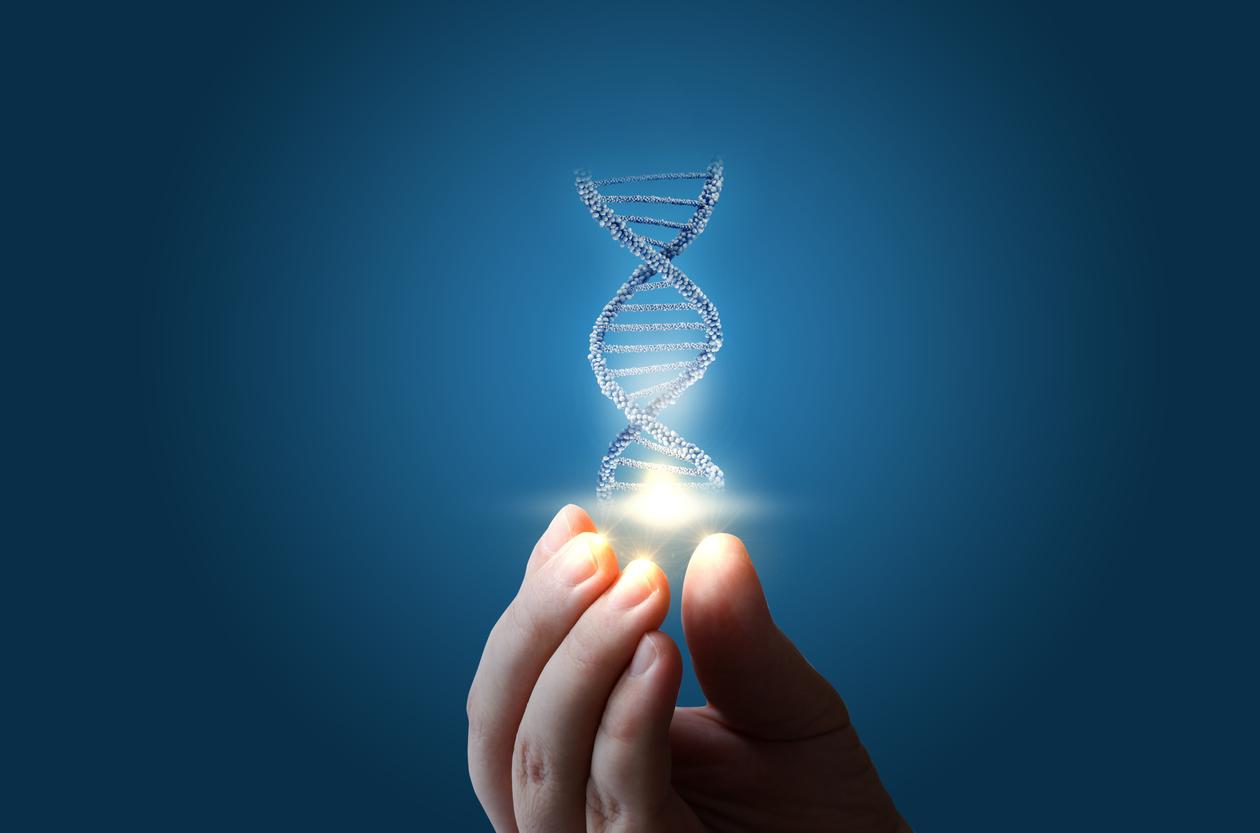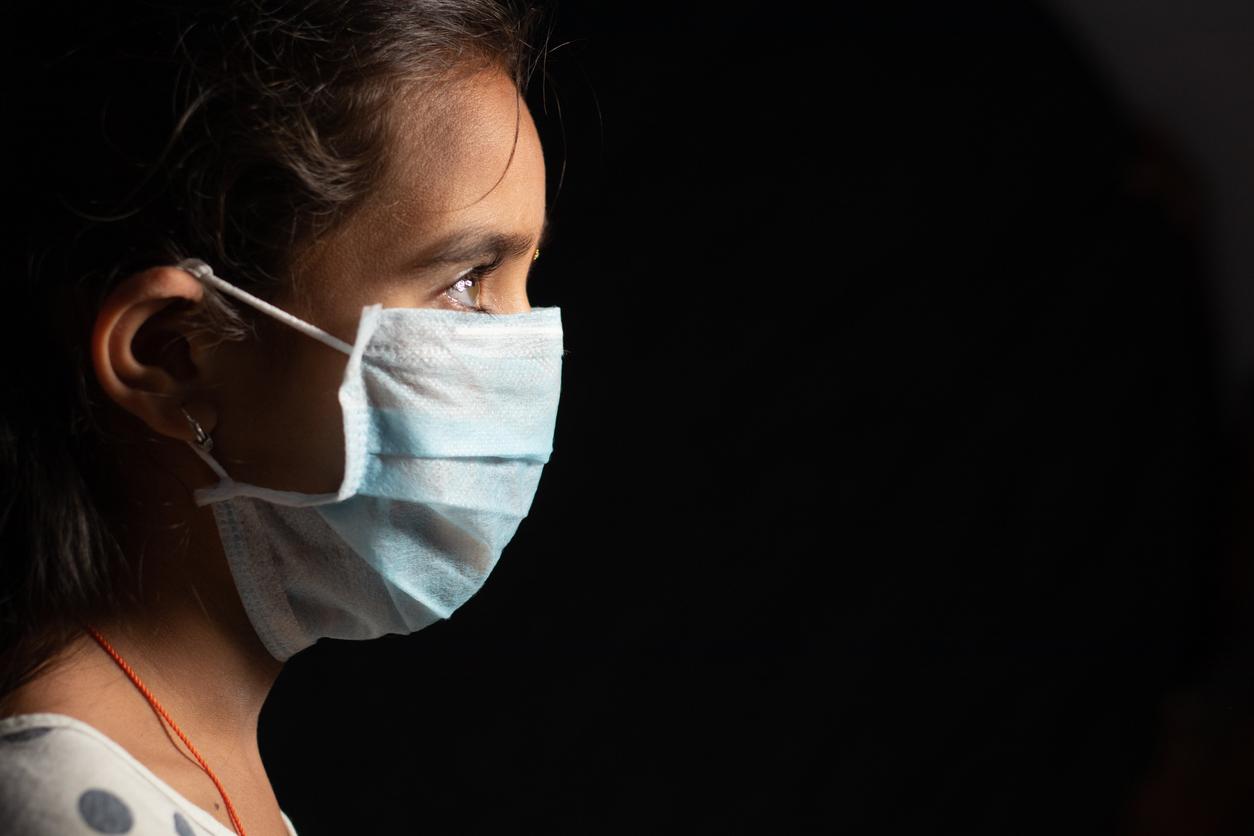While precocious puberty is more frequent, two associations of pediatricians are campaigning for better information for families and caregivers.

How to act when your child suffers from precocious puberty? It is because parents – and sometimes caregivers – are often helpless in the face of this increasingly frequent disorder that the pediatricians of the French Association of Ambulatory Pediatrics (AFPA) and the French Association of Liberal Pediatric Endocrinologists ( AFPEL) have come together to develop educational documents.
Before 8 years for girls, before 9 years for boys
In a press release posted online on the AFPA website, the associations point out that “puberty is a complex chain of physical and psychological phenomena which lead to the transformation of a little girl into a young woman and of a little boy into a young man. ”
The first sign of puberty in girls is breast development, which is between 9 and 12 years old. In boys, it is the increase in the size of the testicles, which occurs between the ages of 11 and 13, which signifies their entry into puberty. It should be noted that all puberty does not necessarily start at the same time and they vary slightly from one child to another.
However, puberty can be precocious, when the breasts develop before the age of eight or the increase in testicular volume occurs before the age of nine in boys. “These signs of puberty are accompanied by maturation of the genitals and a growth spurt”, explain the pediatrician associations.
Treatment blocks the activity of the pituitary gland
The best response for parents whose child shows signs of puberty at an unusual age is to seek the advice of their pediatrician. The latter will “look at the growth curve noted in the health book, have an x-ray of the left hand and wrist performed to determine bone age and, in girls, a pelvic ultrasound to measure the uterus and ovaries. », Indicates the press release of AFPA and AFPEL.
There is a treatment that acts directly on the central control of puberty (the pituitary gland) by blocking its activity, which will interrupt the development of puberty signs. It allows the child to evolve psychologically like other children of his age and to continue his growth in size for a longer time. Psychological support is sometimes necessary to overcome these early physical and psychological upheavals.
Obesity and endocrine disruptors
Overweight and environmental endocrine disruptors (PEE) are the main causes of precocious puberty. Many studies have found an association between early puberty in girls and exposure to certain phthalates (chemicals used in industry) and certain pesticides. They are also implicated in the increase in male genital malformations (micropenis, cryptorchidism, hypospadias), male infertility, obesity, breast and testicular cancers.
.















